| Title | Performance evaluation of LiDAR point clouds towards automated FOD detection on airport aprons |
| Publication Type | Conference Paper |
| Year of Publication | 2015 |
| Authors | Mund, J, Zouhar, A, Meyer, L, Fricke, H, Rother, C |
| Conference Name | Proceedings of ATACCS 2015 - 5th International Conference on Application and Theory of Automation in Command and Control Systems |
| ISBN Number | 9781450335621 |
| Keywords | Airport surveillance, apron control, Apron management service, FOD, Foreign object debris, laser scanning, LiDAR, Object detection, Point cloud |
| Abstract | Both the current system of airport ground control and the continuous implementation efforts of A-SMGCS and Remote Tower concepts require complete and independent surveillance coverage in real-time. We believe that 3D point clouds generated by an actively scanning LiDAR system available at TU Dresden may satisfy these high standards. Nonetheless, the utilization of LiDAR sensing for airport ground surveillance purposes is extremely challenging due to the unique requirement profile in this domain. This is also the reason why existing solutions in other domains such as autonomous driving and robotics are not directly applicable for airport ground surveillance. In a first step, we developed point cloud object detection and segmentation techniques to present that new data comprehensively to the airport apron controller. In this paper, we focused on the timely detection of dislocated objects (foreign object debris, forgotten equipment etc.) as a serious cause to hazardous situations on airport movement areas. The results are promising for various reference targets. However, the detection of very small objects (e.g. socket wrench) requires more elaborate algorithms to take full advantage of the current LiDAR technology. In the future we will assess the strength of LiDAR-based surveillance in terms of the number of hazardous situations that could be avoided or safely managed by the apron controller. |
| DOI | 10.1145/2899361.2899370 |
| Citation Key | Mund2015a |


